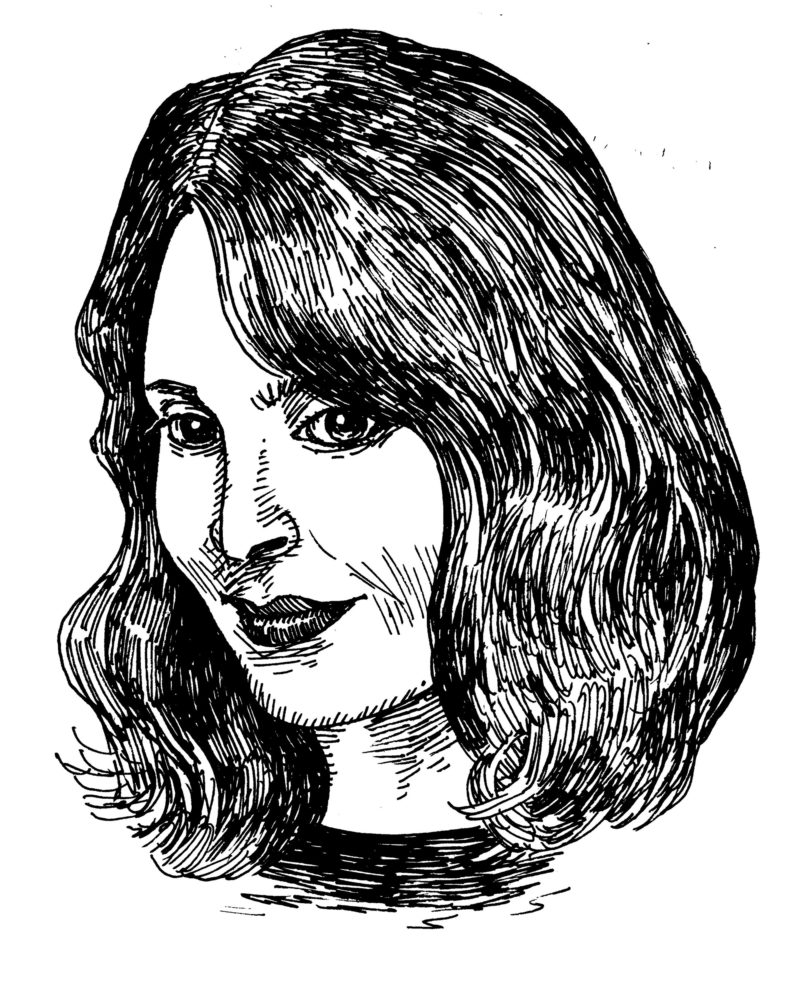Downtown Las Vegas feels like its own border city, a meeting of local and tourist cultural attractions. Just east of the SlotZilla Zip Line, on Fremont Street, dozens of people squeezed into one of the best independent bookstores in town, the Writer’s Block. The first thing I noticed when entering the store was the empty shelves; the store was technically closed, as the owners were in the process of relocating to a new shop nearby. I reached the checkout desk, and there, in a modest corner guarded by Baron, the store’s in-house bunny rabbit, was a table laden with the following titles by Natasha Trethewey: Thrall, Native Guard, Bellocq’s Ophelia, Domestic Work, and her most recent publication, Monument: Poems New and Selected. My first collection of poetry, Vogue 3:16, sat right beside Natasha’s books, mimicking the way we’d sit later that evening.
When Natasha entered the Writer’s Block, I was giddy with excitement. Not only has this woman served two terms as the United States poet laureate, but she was poet laureate of Mississippi at the same time. We had only a moment to speak before the reading. I confessed that I had done a ton of research on her life, and had listened to every podcast episode and watched almost every YouTube video she’d been featured in. She smiled and replied, “I did some research on you too.”
It was an honor to have my collection sold alongside Natasha’s, and we were both excited to tell friends that our books were the only books sold in a bookstore. We were there to discuss Monument, which was longlisted for the 2018 National Book Award for Poetry. Monument begins with a quote from “The Great City” by Walt Whitman: “Where no monuments exist to heroes but in the common words and deeds…” Monument is a compilation of Natasha’s previous books. It celebrates the lives of Southern working-class black people, and of one of the first black military regiments, the 1st Louisiana Native Guard. Natasha’s poetry is keen and descriptive, and she often uses photographs or paintings as inspiration. She observes and sometimes reimagines the lives of the people seen and unseen in each image. Indeed, Monument stands statuesque on the foundation of her past writing and is chiseled with the purpose of telling the story of her family, her Mississippi, and her late mother, Gwendolyn Ann Turnbough.
In the days leading up to the interview, I listened multiple times to Natasha’s lecture “Why I Write: Poetry, History, and Social Justice.” I played it in the mornings, I...
You have reached your article limit
Sign up for a digital subscription and continue reading all new issues, plus our entire archives, for just $1.50/month.
Already a subscriber? Sign in





